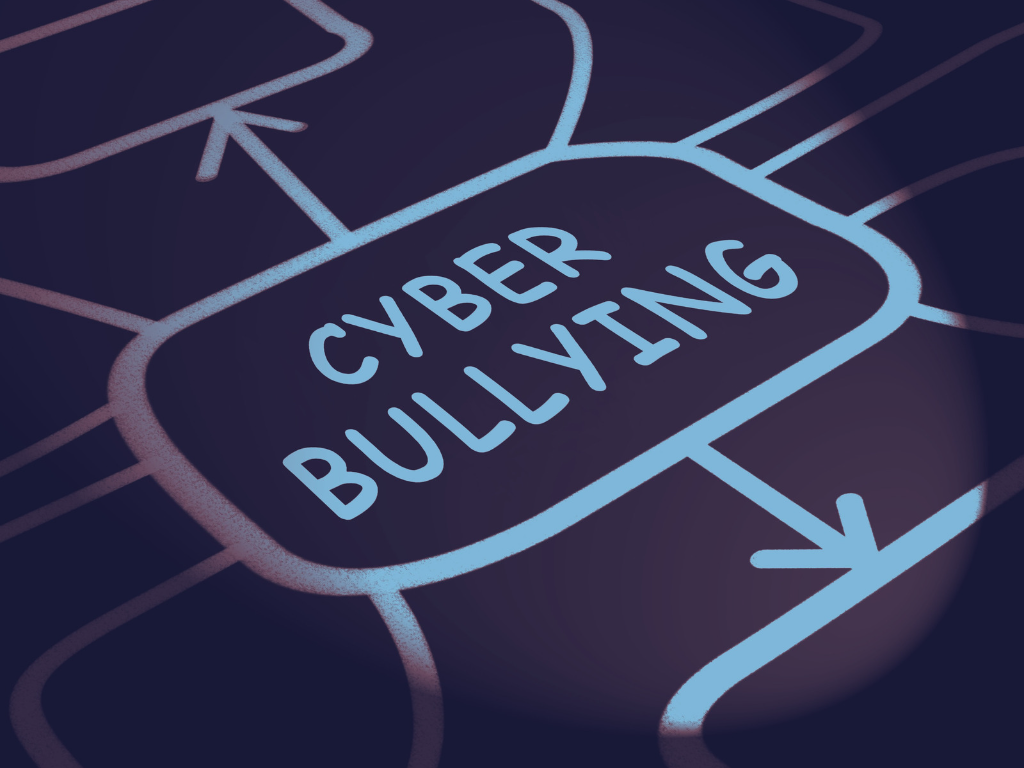Digital Citizenship & Cyber Bullying
Digital citizenship is a vital part of the modern classroom. As teachers, we can set up our students for success, but without a clear plan and guidelines, we are likely to have a myriad of problems all year long. The consequences are often tears and frustration for the students and grey hair and premature wrinkles for the teachers.
So let’s aim to minimise the amount of new grey hairs and wrinkles we get in 2023.
** Disclaimer: If you already have grey hairs and wrinkles, join the club. They are badges of honour and to be worn with pride.
Clearly communicate your expectations
OK, so what does digital citizenship mean to you and your class? Well, it’s actually a whole lot of different things. The NZ Ministry of Education has identified ten key topics:
- Recognition and management of online risks, such as cyberbullying 2.
- Understanding of the impact of technology on society and the individual
- Ethical and responsible use of technology
- Safe and responsible online behaviour
- Awareness of digital footprints and privacy
- Effective and safe use of technology for communication, collaboration, and information-seeking
- Media literacy and digital literacy
- Understanding of digital security, cyber safety, and responsible ICT use
- Respect for copyright and intellectual property rights
- Effective and appropriate use of technology in diverse cultural, social, and educational contexts.
When I started writing this blog I thought I’d cover off least a few of these topics, however there’s just too much to cover and unpack in one blog, so let’s start with the first one.
Cyberbullying and Digital Drama
In my experience, this issue often raises its ugly head in the delightful intermediate years. But, it is not uncommon to happen much earlier or later also.
So, what strategies can we implement to stop this from happening? OK, let’s be realistic. We can’t stop it; we know some kids can be nasty sometimes.
It is the anonymity of the internet that allows kids to feel that they can say whatever they like, and there will be no recourse. This couldn’t be further from the truth, but we will discuss the misconception of anonymity shortly.
Teach Proactive Skills
It’s important to educate your class that digital bullying in many ways is more harmful than real-world bullying for the simple fact that there can be no escape for the victim. Harassment can continue 24/7, following them into what should be the refuge of their home.
One of the key ideas that I used to teach is if you would say something to someone’s face, then what makes you think that you can say it online?
You’ll get busted every time!
Children need to know that they can ask for help from an adult, such as a parent or a teacher. And if someone comes to us with allegations or concerns, we need to validate their feelings and follow up, to ensure any negative behaviour is nipped in the bud.
Student online anonymity is a myth, whatever they do and say online leaves a record even when if delete it. Teach “Online bullying is so stupid and you are going get caught with something as simple as a screenshot.”
Teach your class how to take a screenshot so that they will have irrefutable proof.
Once your class knows how easy it is to take a screenshot, and how easy it is to be busted, they will be less likely to undertake these negative actions.
Like so much of our job, teaching digital citizenship needs to be a three-way partnership between schools, parents, and students.
Other strategies:
- Parents should remove access to devices at sleep time (I still do this with my 15 & 16-year-old children).
- Conference with the children as soon as there is a problem, and bring parents into the conversation if problem continues.
- Most kids are good and want to do the right thing. They just sometimes need a gentle reminder of what the right thing is.
The Ministry of Education has put together some great resources to help you. This PDF is a great place to start.
Remember that Cyberbullying and digital drama is only one of many aspect of digital citizenship. We’ll discuss others in future blogs.
Other resources mentioned in this blog:











